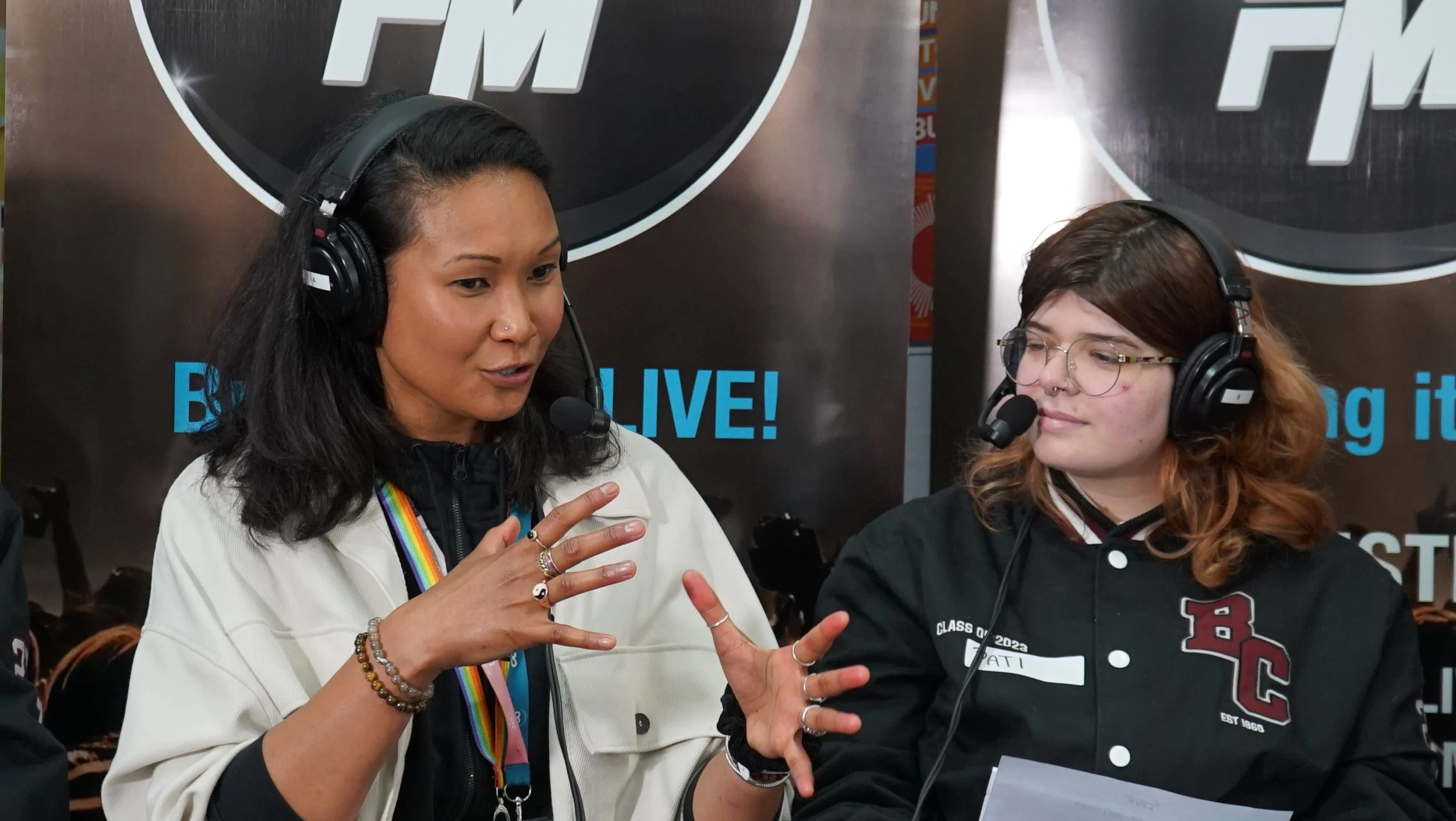In an era where media shapes perceptions, influences decisions, and informs society, media literacy has become a crucial skill for students to develop. It encompasses the ability to access, analyze, evaluate, create, and participate with media in all its forms. Podcasting, with its rising popularity and accessibility, offers an engaging pathway for educators to integrate media literacy into their curriculum. Through the process of producing, presenting, and promoting their own podcasts, students can gain a deeper understanding of the media landscape, enhancing their critical thinking and communication skills. Let’s explore how this dynamic tool can be a catalyst for building media literacy among students.
Production: Nurturing Critical Analysis and Content Creation
The initial stage of podcast production involves topic selection, research, and scriptwriting. This phase encourages students to delve into the vast ocean of information available, teaching them to distinguish between reliable and unreliable sources—a foundational media literacy skill. As students curate content for their podcast, they learn to analyze the information critically, evaluating its relevance, bias, and credibility. Furthermore, scripting their podcast enhances their understanding of narrative structure, audience engagement, and the ethical considerations of content creation, providing a practical framework for understanding media from a creator’s perspective.
Producing: Understanding the Technical Side of Media
Producing a podcast immerses students in the technical aspects of media production, including audio recording, editing, and sound mixing. This hands-on experience demystifies the production process, offering insights into the work behind media products. Students learn about the impact of audio elements on storytelling and information dissemination, gaining appreciation for the nuances of media creation. This technical proficiency not only equips students with valuable skills but also fosters a deeper understanding of the complexities and challenges involved in media production.
Presenting: Engaging with Audiences
Presenting a podcast provides students with the opportunity to share their work, engaging directly with an audience. This interaction highlights the importance of clear, effective communication and the role of media in influencing public opinion and sparking dialogue. Through this process, students learn to consider their audience’s perspective, receiving feedback and responding to comments or questions. This phase of podcasting emphasizes the participatory nature of media, encouraging students to become active, thoughtful contributors to the media landscape.
Promoting: Media Strategies and Digital Footprint
Promoting their podcast introduces students to the concepts of marketing, audience engagement, and the use of social media and other digital platforms for media distribution. Students explore different strategies to reach their target audience, from leveraging social media to collaborating with other creators or platforms. This experience teaches them about the power of digital media in shaping public awareness and the importance of a responsible digital footprint. Through promoting their podcast, students gain insights into the algorithms and strategies that influence media visibility and learn to navigate the digital space more effectively.
The Broader Impact of Podcasting on Media Literacy
Integrating podcasting into the curriculum offers a comprehensive approach to media literacy, providing students with a 360-degree view of the media creation process. By engaging in the production, presenting, and promoting of their own podcasts, students not only develop technical skills but also enhance their critical thinking, communication, and analytical abilities. This multifaceted learning experience prepares students to be discerning media consumers and ethical, informed media creators, ready to navigate the complexities of the digital age.
Conclusion
Podcasting serves as a powerful educational tool, offering a practical and engaging way to build media literacy among students. By guiding students through the process of creating their own podcasts, educators can help them develop a deeper understanding of media’s role in society, the intricacies of media production, and the critical skills needed to analyze and create media responsibly. As we aim to prepare students for a world where media is omnipresent, podcasting stands out as an innovative pathway to empower them as informed consumers and creators of media. Let’s embrace the potential of podcasting to foster a generation of media-literate learners, capable of navigating the digital landscape with confidence and critical insight.
Ralph Barba
LIVE FM Executive Producer & former teacher
For more information email:
